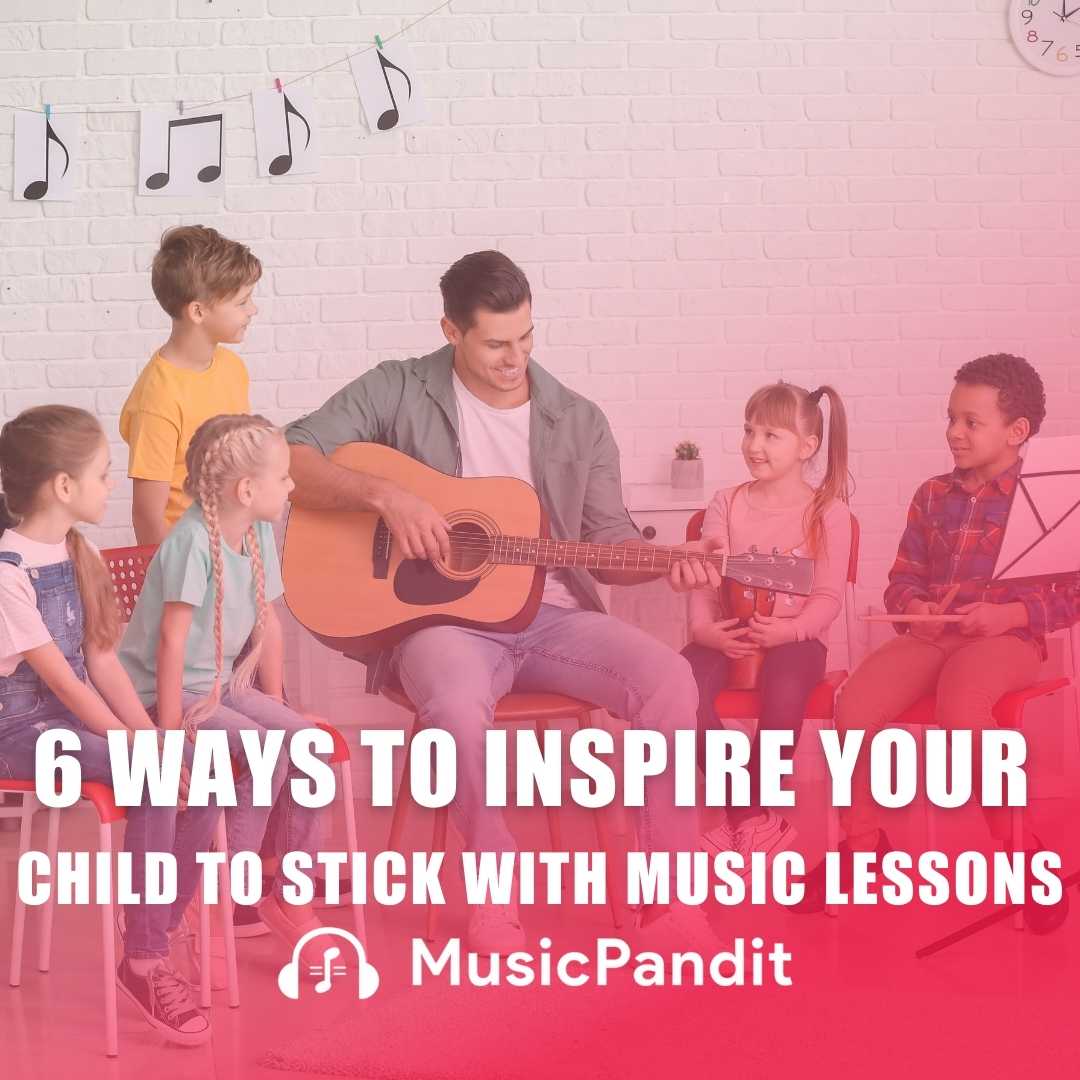If you want to make a living as a musician, you must devote the time and effort required to perform at a professional level. No one is perfect, and everyone can improve, whether they’ve been playing their chosen instrument for years or are just starting started.
So, whether you’re hoping to take the next step toward playing like a pro or are seeking new methods to improve your talents, here are some suggestions to help you improve as a musician.
Tips to Help You Become a Better Musician
Musicians need to follow these 10 tips to improve their skills and develop a better career.
Practice
Whether you’re a novice or an expert, consistent methodical practise or the guidance of an experienced instructor – will always help you grow. Go over scales (or rudiments) over and over again, and focus on improving your technique. Set aside time each day for a specific practise or warm-up routine to help you remember the scales.
Learn to Handle Criticism
You’ll need a “thick skin” as an emerging professional to cope with remarks and criticism from your peers as well as the broader public. They will always have an opinion, and their tastes are frequently divergent. On the other hand, the pros know how to take criticism and turn it into something positive, whether it comes from fans, reviewers, or bad YouTube comments.
Set Goals
set realistic objectives for yourself in terms of what you want to learn and how much time you have to practise. Setting goals keeps you motivated and allows you to measure your progress more readily. Consider why you want to study music in the first place while creating your goals.
Seek Guidance
Seeking mentorship is frequently necessary for advancement. A mentor should be someone who has previously attained the objectives you have set for yourself and can provide you with useful advice and contacts. They’ll not only be able to tell you what works and what doesn’t, but they’ll also know all there is to know about a musician’s life on stage and in the studio, perhaps saving you from several career catastrophes.
Keep it Exciting
While it’s essential to focus on your scales and other techniques, don’t forget to have fun while practising! Around your more structured training, learn your favorite songs and work on new material to keep you feeling fresh and excited about your instrument. The worst thing that can happen to a musician is when playing turns into a duty rather than a pleasurable experience.
Be Punctual
Punctuality is an important professional quality. Arriving early to the practise room demonstrates that you are serious about your professional goals. This is a feature that many beginners ignore, and it’s absolutely not a good idea to start in this industry with a terrible reputation.
Record Yourself
Another excellent practise technique is to record yourself. It might be difficult to focus on all areas of our music production and really listen to the sound when we’re playing. You may focus on the sound you’re making by recording yourself and listening back to the audio. Tempo shifts, finger flubs can all be noticed and worked upon.
Jam with others
Playing in a group may help you develop not just your technique but also your timing and improvisational abilities, whether you’re looking to start a new band or simply enjoy a pleasant jam with pals.
Playing with others may introduce you to new ideas and tactics, as well as provide you with honest criticism on your own playing style.
Perform for Others
Putting on a performance for others is a fun method to demonstrate what you’ve learned. The added strain of performing will expose if you genuinely understand the song. Remember that, while we strive for perfection, playing a note-perfect performance is not as often as you may think.
Learning to accept inconsistencies and flaws is a vital element of learning how to perform because you can’t constantly begin and stop throughout a performance; instead, you must learn to play through your faults.
Take Risks
Finally, you should always be willing to take risks despite all of your experience, planning, and preparation. There’s no need to jump off the lighting setup right away, but a little craziness and surprise never hurt, an improvised solo, an open session jam. Simply do what you want and have fun while you are doing it!














